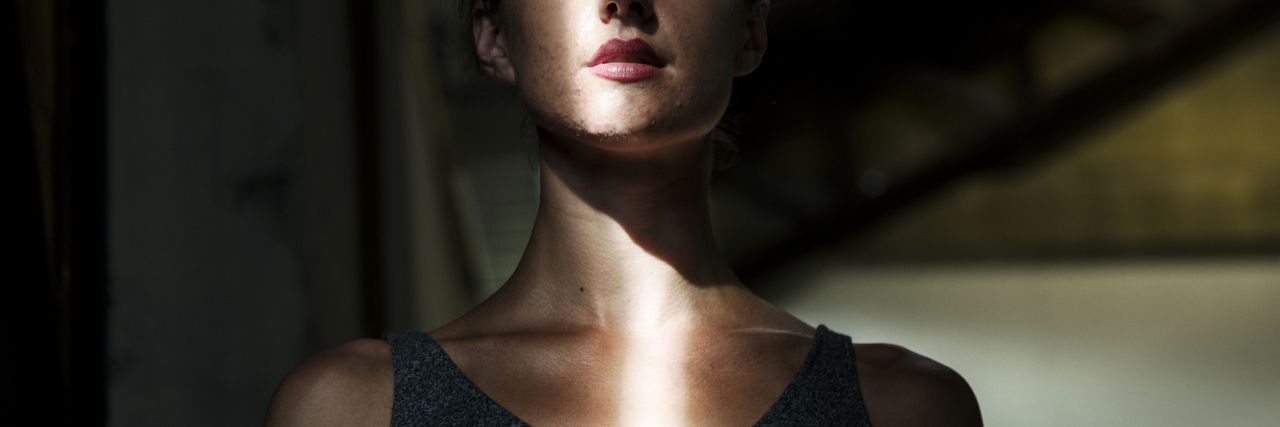The Fine Line Between Health Advocacy and Illness Shaming
Victim shaming is something we’re hearing more and more about in the media recently, but I don’t think it’s anything new. Whenever something bad happens to someone we know, love, respect, or follow, it’s only human nature to want to justify it to ourselves in a way that makes us less fearful that the same bad thing could happen to us. This is likely a self preservation technique that’s been forever unknowingly ingrained in us, but it’s one that can have absolutely devastating consequences.
I was flipping through a popular food service catalogue the other day when I noticed a full page info-graphic that stated “80 percent of all chronic diseases are preventable, clean eating is key.” It immediately stopped me in my tracks. I began thinking of all the chronic illness warriors I’ve gotten to know through the online community and imagined the thought that only 20 percent weren’t responsible for their own fate. Surely, I had read something wrong, I thought…but I hadn’t. If I was the type of person that took what I read at face value, or if I didn’t know as much as I do about chronic health issues, I could have easily believed that 80 percent of those that I see in pain and using mobility aids had done something in their lives to put them there. How did this get published?
The more I thought about it though the more I realized that we’re constantly being flooded with similar messages, I just had never taken notice before. Have osteoporosis? You must not have drank enough milk as a child. Overweight? You must not get the recommended amount of exercise. You won’t get skin cancer if you wear enough sunscreen. Don’t eat sweets to avoid getting diabetes. No matter what condition we have, the presumption is that we did something to cause it.
Now this is where it gets a bit more tricky. We still need to encourage healthy habits. After all, leading a healthy lifestyle will undoubtedly lower your chances of getting some illnesses. But surely there’s a way we can do this where we’re not imposing blame on those already struggling with the disease in question. I’ve often wondered why certain conditions seem to get significantly more attention when it comes to fundraising and research. Could it be because these are the few conditions that there’s not a strong sense of victim shaming associated with?
If you live with a disease or chronic illness, please know you did not cause it. We struggle enough already, we certainly do not need to be overwhelmed with a sense of guilt on top of it. If you live with a chronic illness, but know someone who does, please be sure that you’re not inadvertently making them feel like their decisions somehow lead them towards disease. Being healthy is a privilege that most people don’t think twice about, but the truth is, chronic illness can happen to anyone at any time – regardless of our prior choices.
We want to hear your story. Become a Mighty contributor here.
Getty image by Rawpixel

